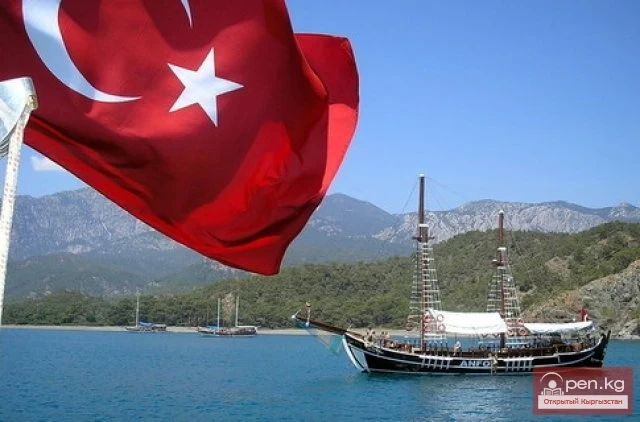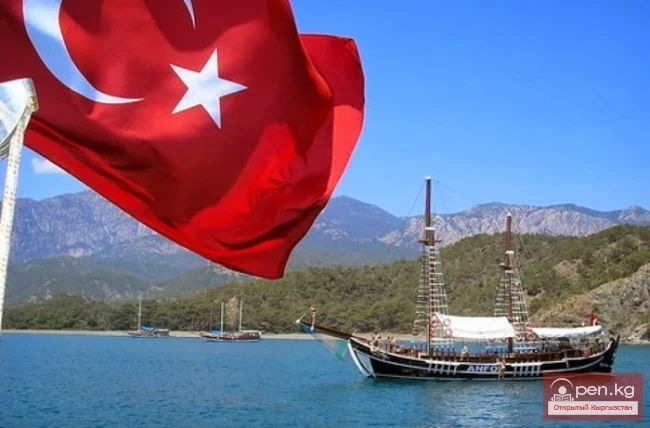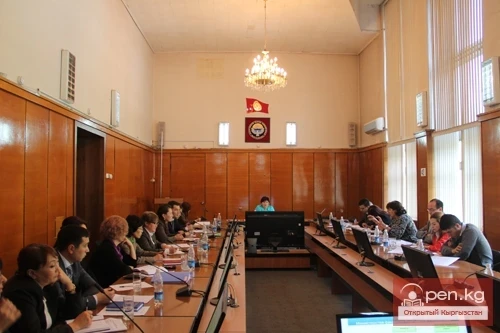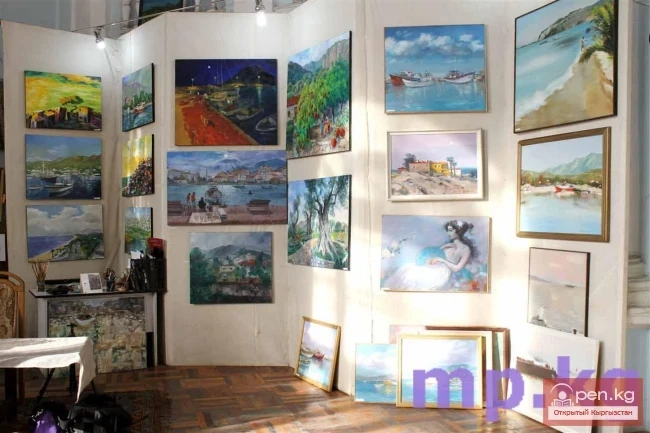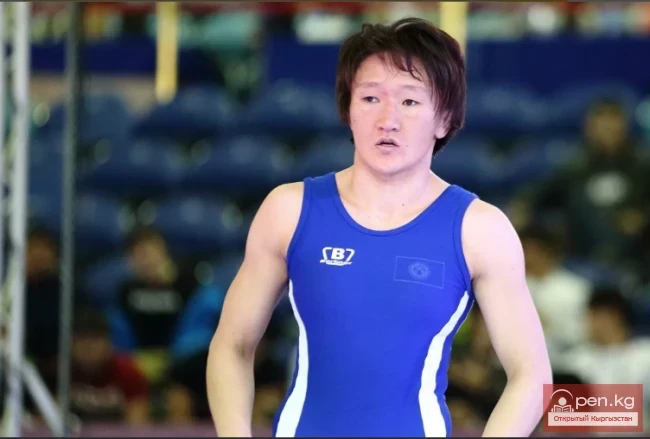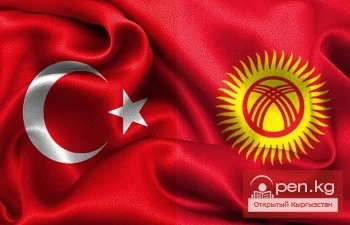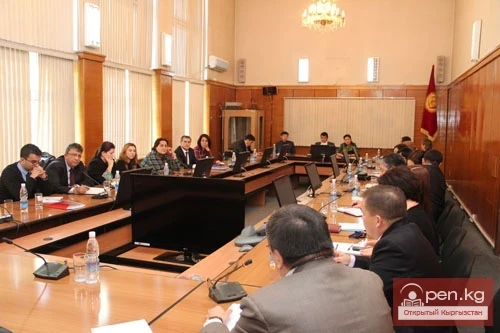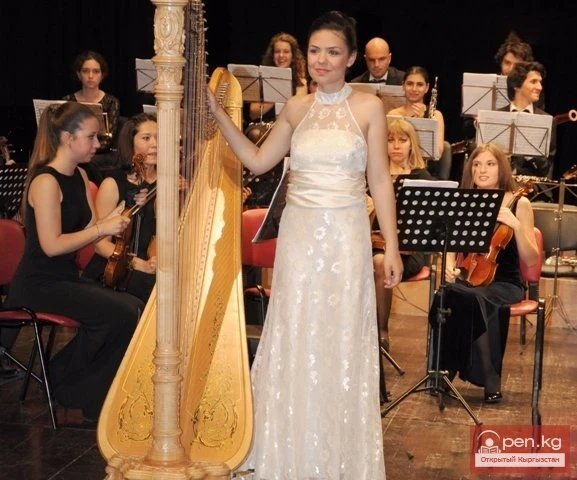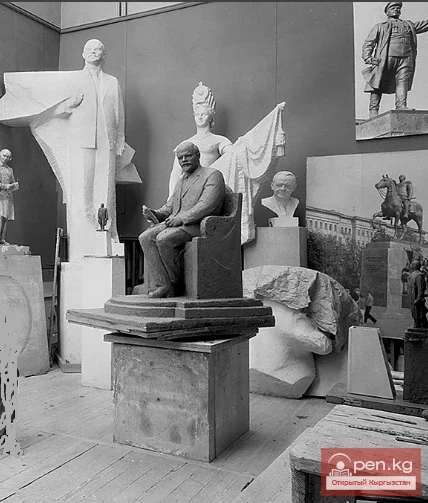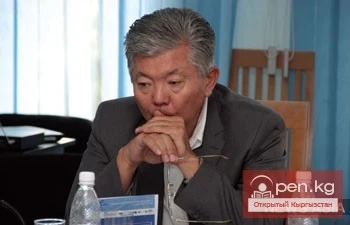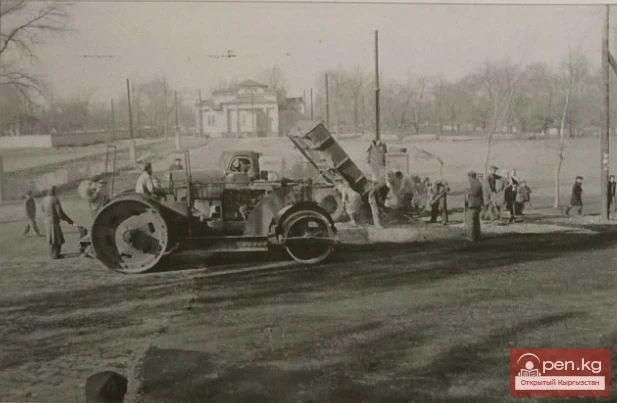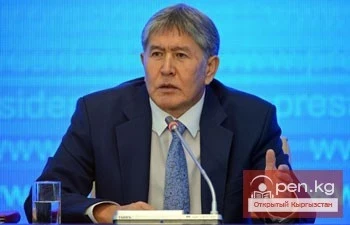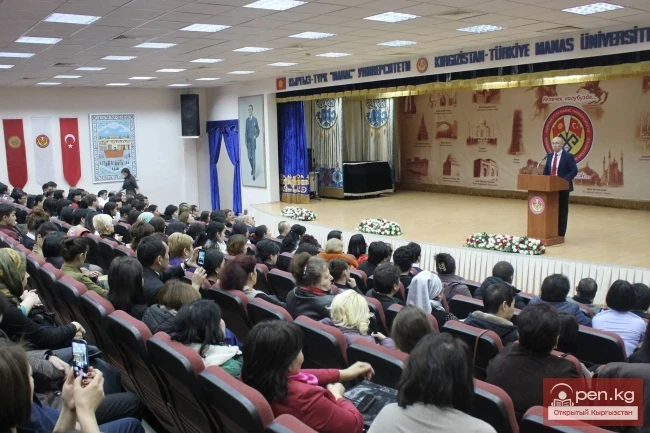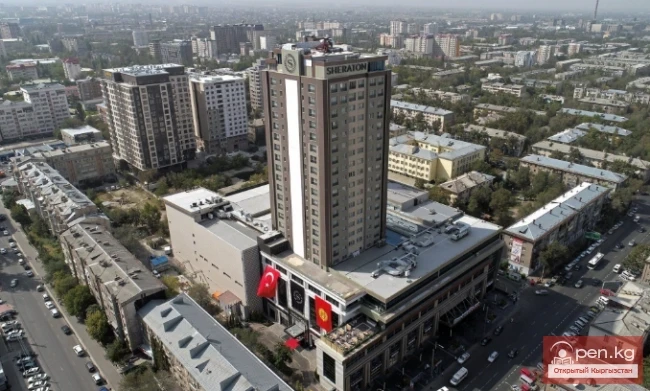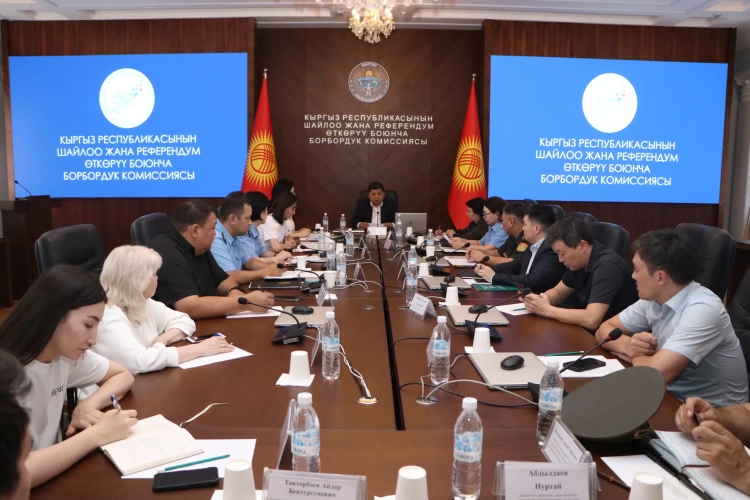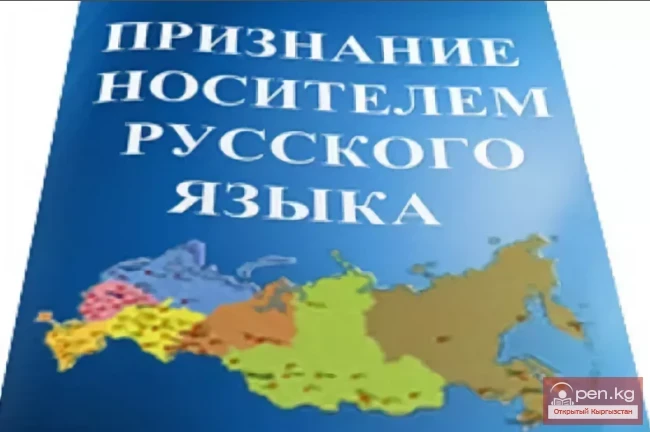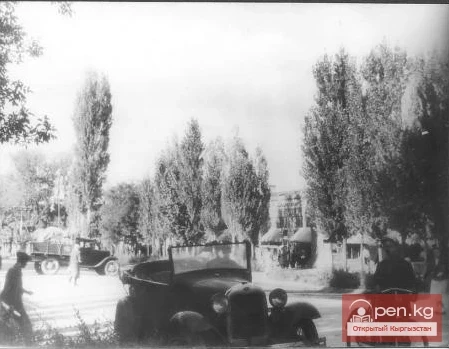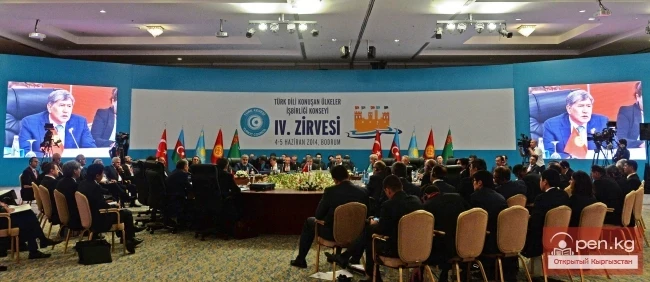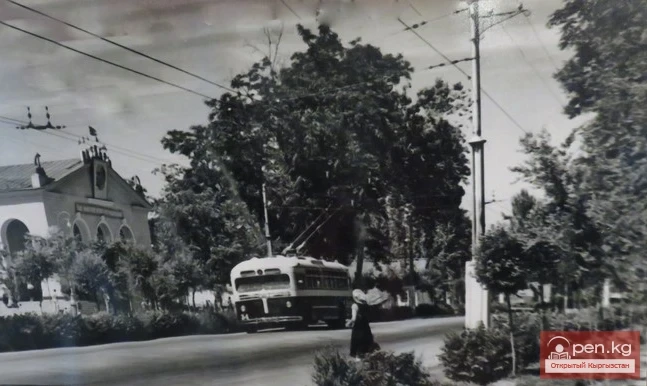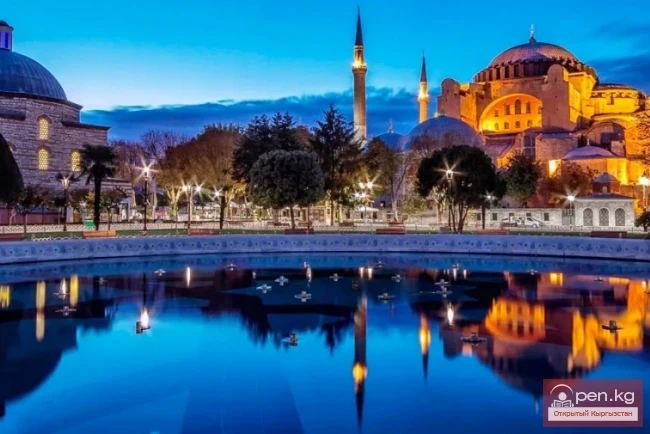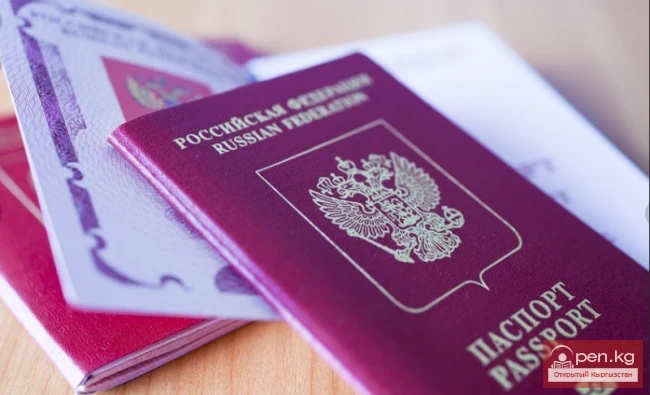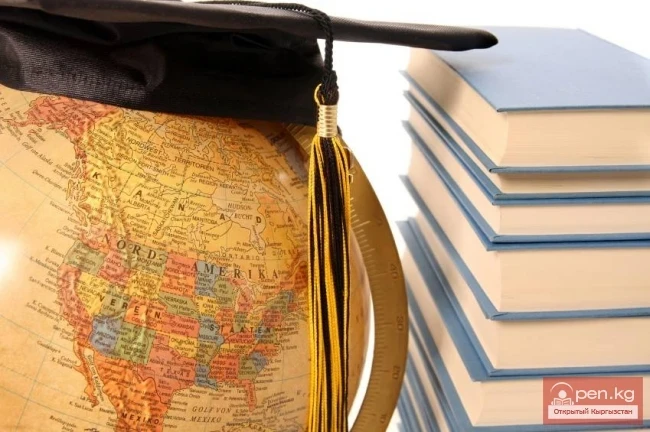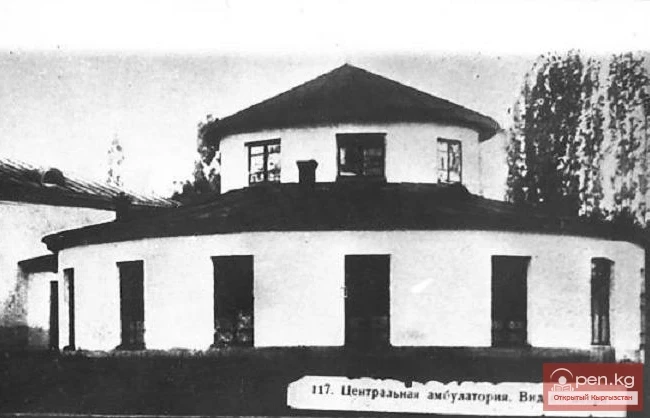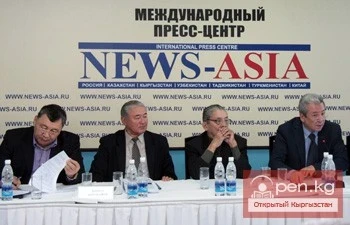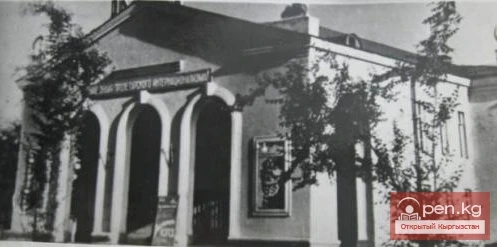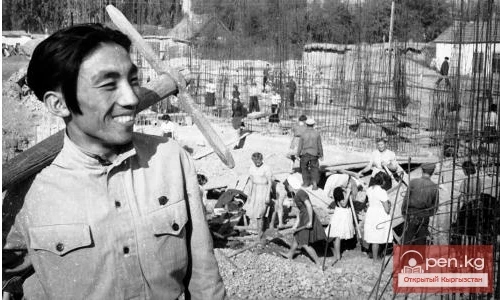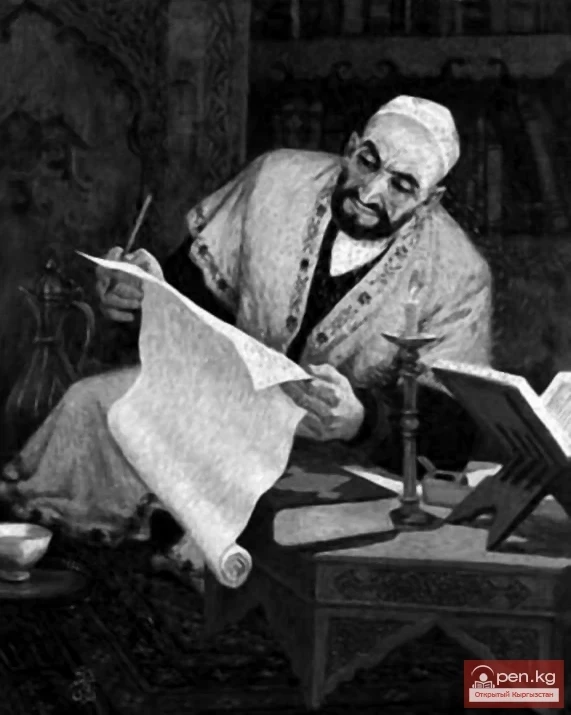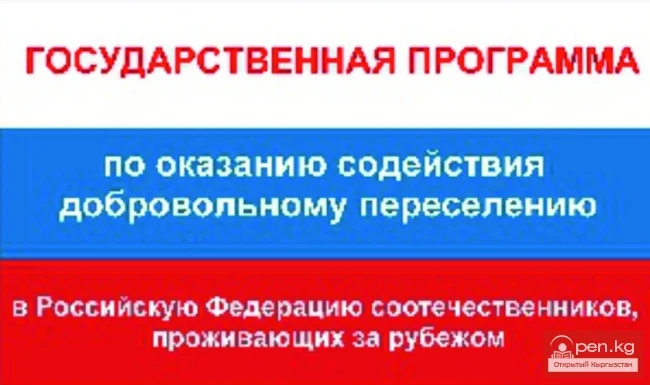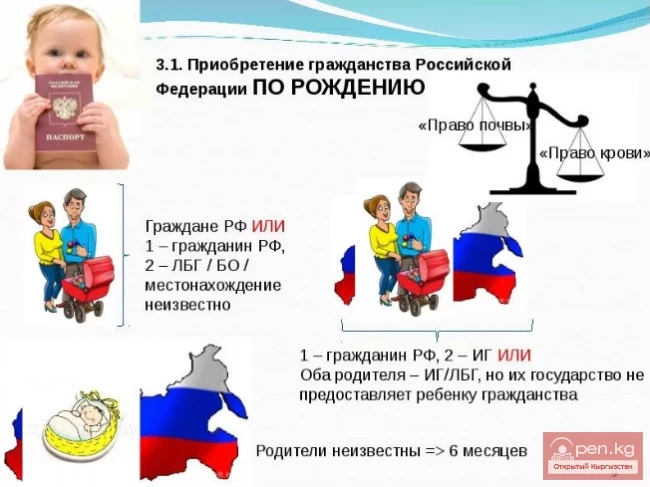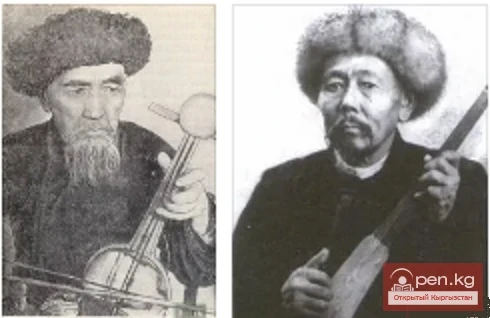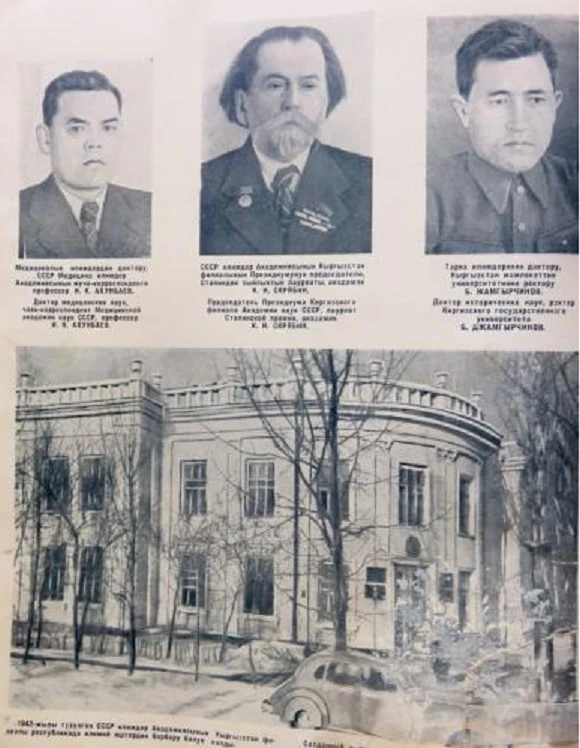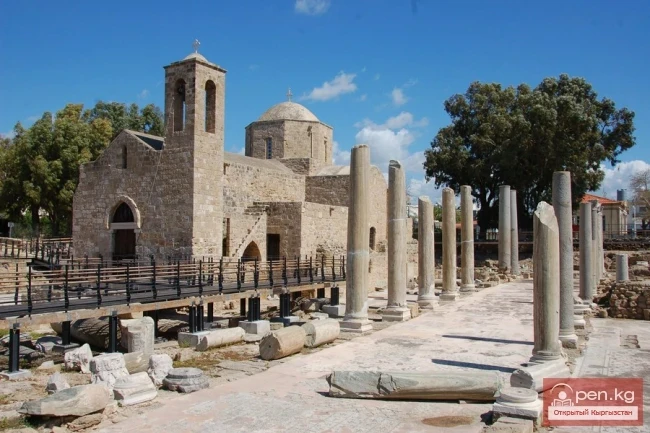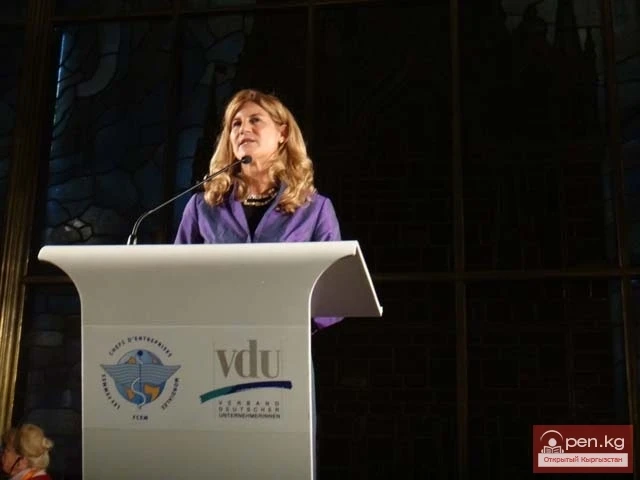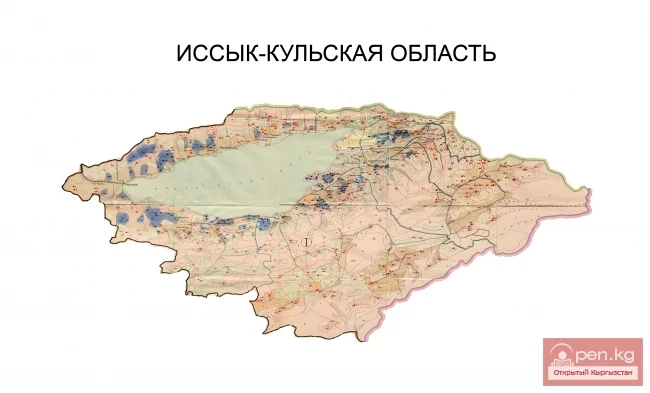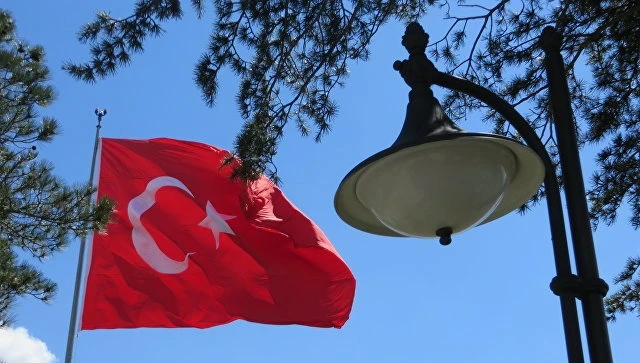
Erdoğan has made changes to the decree adopted by the Council of Ministers of Turkey in 1982. The document he signed partially updates the provisions "On the Free Professional Activity and Employment of Foreign Citizens of Turkish Origin in State and Private Institutions of Turkey." As a result, the information being circulated that citizens of Turkic states can work and study in Turkey on par with Turks is inaccurate.
The document primarily emphasizes the ethnic affiliation of the foreigner to the Turkish nation, as confirmed by a presidential decree. Foreign citizens must meet the following criteria:
· have a temporary residence permit issued by the Ministry of Internal Affairs of Turkey;
· possess professional qualifications certified by the authorized bodies of Turkey;
· present nostrified diplomas from educational institutions of their country;
· not pose a threat to the security of Turkey through their professional activities;
· have a document of membership in a trade union, if required;
· provide official certificates of craft or other professional skills obtained in their country;
· be recognized as belonging to the Turkish nation by presidential decree;
· not have the opportunity to perform their work or profession for reasons beyond their control in their country (e.g., facing persecution);
· belong to an ethnic and cultural minority of Turkish origin in their country (e.g., Turks living in Bulgaria).
As reported by the Embassy of Uzbekistan in Turkey, this decision does not grant citizens of the member states of the Organization of Turkic States, including Uzbekistan, the right to freely work in Turkey. The temporary labor activities of citizens of Uzbekistan in Turkey are regulated by current legislation.
The messages circulating on social media are the result of a misinterpretation of this decree.
